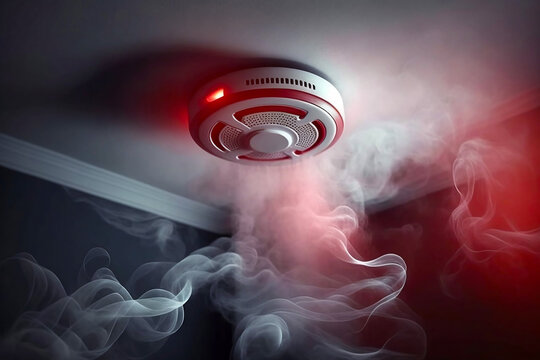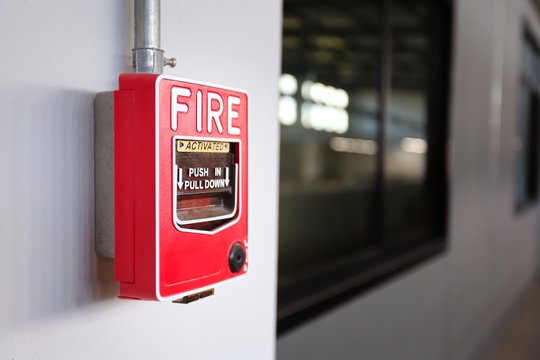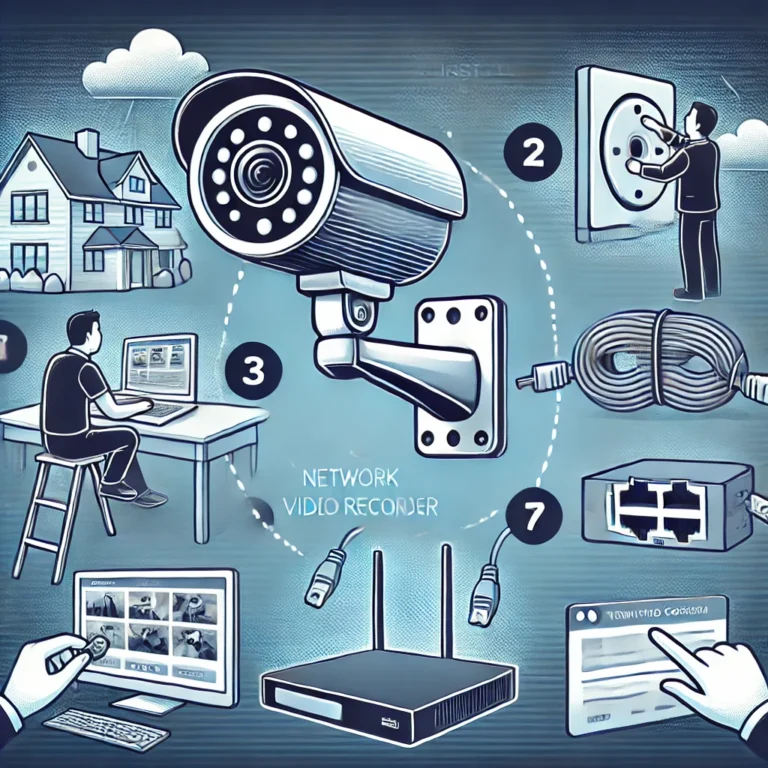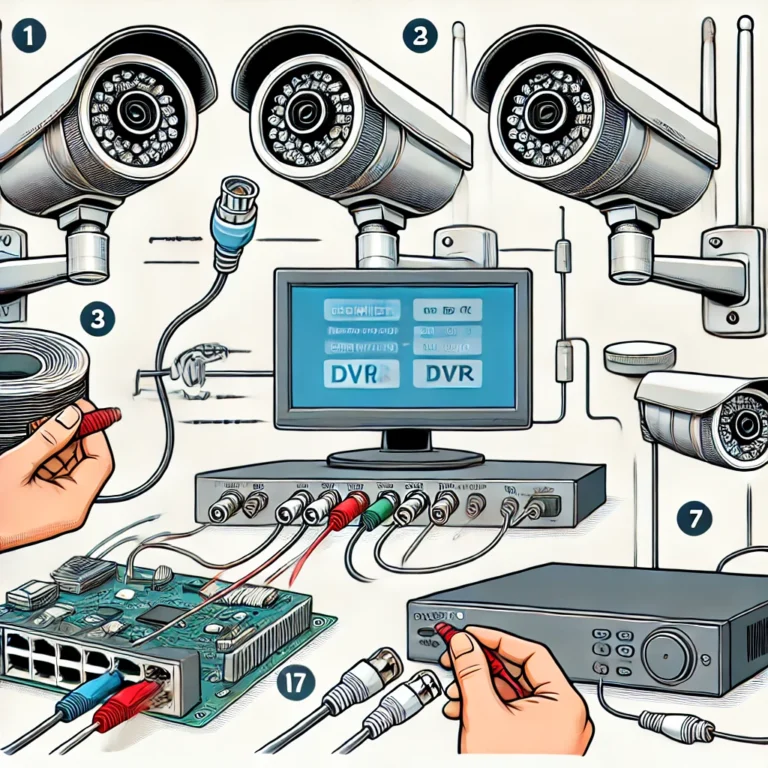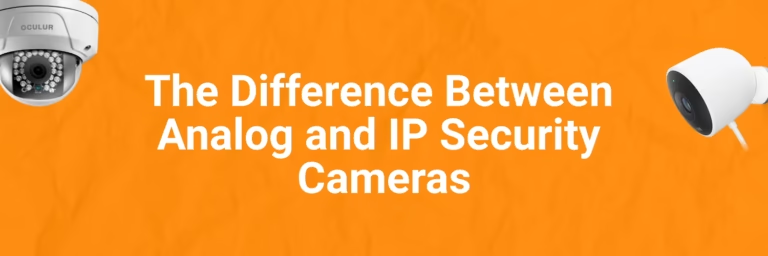Why Fire Alarm Systems Are Crucial for Industries and Residences?
Fire alarm systems play a vital role in protecting lives, property, and assets from the devastating effects of fire. Whether in industrial settings or residential spaces, fire alarm systems are essential for ensuring safety. However, the needs and functions of these systems vary depending on the environment. In this article, we explore the importance of fire alarm systems for both industries and residential properties.
The Importance of Fire Alarm Systems for Industries
- Employee SafetyThe safety of employees is the number one priority for any organization. Fires can spread quickly, especially in industrial environments where machinery, chemicals, and raw materials may be present. A reliable fire alarm system offers early detection, giving workers ample time to evacuate before the fire escalates. This rapid response time can significantly reduce injuries and save lives.
- In hazardous environments like chemical factories, warehouses, or manufacturing plants, fire alarm systems are vital in ensuring that workers are promptly alerted to evacuate to safety.
- Occupant safety is especially crucial in industries where employees may be working late hours or in isolated areas. Having a functional fire alarm system ensures that everyone can be warned of danger no matter when they are present.
- Compliance with Fire Safety RegulationsMany industries are required by law to install fire alarm systems to comply with fire safety regulations. These regulations are designed to protect not only the employees but also visitors and contractors working in the building. For businesses, meeting these requirements is crucial to avoid hefty fines and legal penalties.
- In some industries, like healthcare, hospitality, or manufacturing, there are specific rules regarding the type of fire alarm system to use, maintenance schedules, and the frequency of fire drills.
- Protection of Assets and PropertyIndustrial spaces often contain expensive machinery, equipment, and raw materials. A fire can result in extensive damage, leading to significant financial loss. Fire alarm systems provide early warnings, allowing for quick action to control the fire and protect valuable assets.
- In high-risk environments like warehouses storing flammable goods, early detection can save thousands of dollars in damaged inventory and prevent long-term production delays.
- Prevention of Business DisruptionA fire can bring business operations to a halt. In industries that rely on continuous production, any disruption caused by a fire can be financially devastating. A fire alarm system helps minimize damage and downtime by providing early warnings that allow the business to mitigate the impact.
- Quick evacuation and emergency response can prevent the fire from causing long-term damage to equipment, inventory, and facilities, enabling the business to resume operations faster.
- Insurance BenefitsMany businesses can benefit from lower insurance premiums by installing a fire alarm system. Insurance providers often offer discounts to companies that prioritize fire safety, as these systems reduce the risk of large-scale damage in the event of a fire.
- Investing in fire alarm systems not only protects the business but also brings long-term financial benefits through reduced insurance premiums.
- Integration with Other Safety SystemsIndustrial fire alarm systems are often integrated with other safety protocols, such as emergency lighting, sprinkler systems, and security systems. This integration ensures a coordinated response during an emergency, improving the overall safety and efficiency of the building’s fire protection plan.
- For example, fire alarms can trigger emergency lighting, guiding people toward exits in case of low visibility due to smoke.
The Importance of Fire Alarm Systems for Residences
- Life-Saving AlertThe primary purpose of a fire alarm system in a residential setting is to protect the lives of the people living there. Fires in homes can be particularly dangerous due to the presence of family members, pets, and personal belongings. A fire alarm system offers early detection of smoke or fire, providing life-saving alerts to evacuate the building in time.
- Residential fires often spread quickly, and having a working fire alarm ensures that family members have enough time to exit safely before the fire becomes uncontrollable.
- Protection of PropertyIn addition to life safety, fire alarm systems help protect property. A fire can destroy valuable items such as furniture, electronics, and personal belongings. Early alerts give homeowners the opportunity to reduce damage, potentially saving belongings from destruction or allowing them to escape before the fire spreads.
- In homes where valuable items such as heirlooms, important documents, or electronics are kept, fire alarms provide peace of mind that these items may be preserved.
- Peace of MindFor homeowners, having a fire alarm system provides peace of mind, whether they’re at home or away. Modern fire alarm systems are often connected to smartphones, allowing users to receive real-time notifications in case of a fire or smoke detection.
- Smart fire alarm systems can even be integrated with other home automation devices, allowing homeowners to monitor the situation remotely. This connectivity can be particularly reassuring for people who spend time away from home.
- Cost-Effective ProtectionInstalling a fire alarm system is a relatively low-cost investment compared to the devastating financial and emotional toll of losing a home to a fire. Fire alarm systems provide one of the most effective means of fire prevention and damage limitation at a reasonable price.
- Basic smoke detectors are inexpensive, and their installation can prevent significant losses. Homeowners should view the system as a valuable investment in their safety.
- Legal and Insurance RequirementsIn many regions, fire alarms are required by law in residential buildings. Additionally, homeowners’ insurance policies may offer discounts to homes equipped with functioning fire alarms, especially those that are monitored 24/7.
- In the event of a fire, having a properly installed fire alarm system can ensure that insurance claims are processed smoothly, as it demonstrates proactive risk management.
- Prevention of False AlarmsModern fire alarm systems are designed to minimize false alarms, a common concern in residential buildings. False alarms can cause unnecessary panic and disruption, and they can also lead to neighbors or fire departments responding inappropriately.
- Advanced smoke detection technology has reduced the occurrence of false alarms by distinguishing between harmless smoke (such as cooking fumes) and dangerous smoke from a fire, ensuring that the system only triggers in a genuine emergency.
- Integration with Other Home Safety DevicesMany fire alarm systems can now be integrated with smart home systems, such as carbon monoxide detectors, home security systems, and smart thermostats. This integration offers added convenience, as homeowners can control and monitor their systems remotely from their smartphones or other devices.
- In the event of a fire, integrated systems can trigger home security protocols, turning on lights or unlocking doors to facilitate safe evacuation.
Conclusion
Whether for industries or residential properties, fire alarm systems are essential for safeguarding lives, property, and assets. In industries, fire alarm systems not only protect employees but also minimize damage to equipment and ensure business continuity. For residential spaces, these systems provide life-saving alerts and protect homes from potential devastation.
Investing in the right fire alarm system—whether it’s a simple smoke detector for a home or a sophisticated addressable system for an industrial site—is one of the most proactive steps you can take to ensure safety. Proper installation, maintenance, and testing are essential to ensure these systems function effectively when needed the most. Don’t wait for a fire to catch you off guard—ensure your property and loved ones are protected today.

